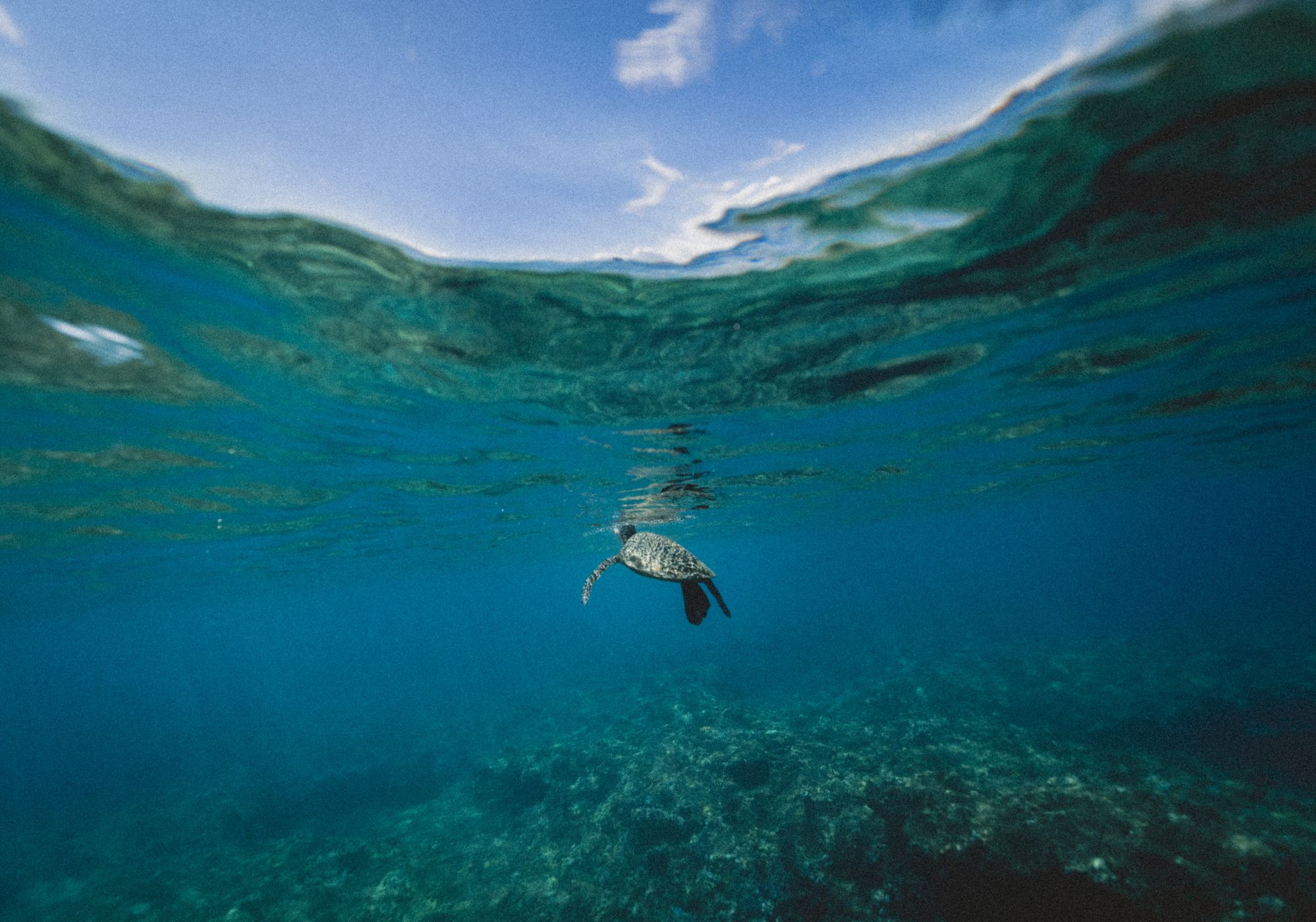Unit 10 - Saving Turtles
Trade & Environment Overlap (GATT/WTO Article 20 cont’d, In Practice, CBAMs Upcoming)

Congratulations on your job in the legal department of the Indonesian Ministry of Foreign Affairs. You have been seconded to the Ministry of Trade to offer legal advice in its on-going negotiation of trade agreements, including both multilateral agreements under the WTO, and regional trade agreements such as RCEP (and possibly TPP, should Indonesia follow the Indonesian President’s declared intention to join). The ever problematic overlap of environmental and trade law concerns is your brief.
The question you are asked by the Minister of Trade relates to an Indian proposal in the still continuing Doha Round WTO negotiations. It has two parts. The Indians have proposed that to protect endangered species such as the marine turtles, each country be obligated to use its best efforts in enacting legislation and regulation, taking into account its level of general development, to preserve marine turtles from unjustified killings that might negatively affect the survival of the species. The second part of the proposal touches on continued operations of Indian traditional fisherman in its territorial waters, who currently use nets that entrap and result in the drowning of not less than 1,000 endangered turtles per year.
The proposed Indian regulatory solution is that India shall establish turtle breeding centers to produce no fewer than 5,000 turtle hatchlings (turtle babies) a year, to offset the loss of 1,000 mature turtles each year to traditional fishermen’s nets (and traditional Indian fishermen should be allowed to continue using nets that kill 1,000+ mature marine turtles annually). Most of the fish caught by traditional fisherman are for local consumption, but approximately 20% of the catch is exported regionally to Sri Lanka, Bangladesh, and Myanmar. The North Americans’ Doha Round criticism in turn was that this regulatory approach was inadequate, because India should adopt their own regulatory practice of regulating existing fishing nets in a manner to lower turtle mortality (for example, to require that the nets have holes allowing the turtles to escape). Please advise the Minister on what the existing WTO jurisprudence tells us about the Indian proposal. Is it consistent with the law, or does it violate existing WTO precedents? How would you evaluate the proposal, would you recommend that Indonesia support the Indian proposal, and why?
Should you wonder, as indicated by the geography this is another one of those questions originally written for Indonesian law students. I want to see if you and they understand the law, and the advisability of the proposal the same way.